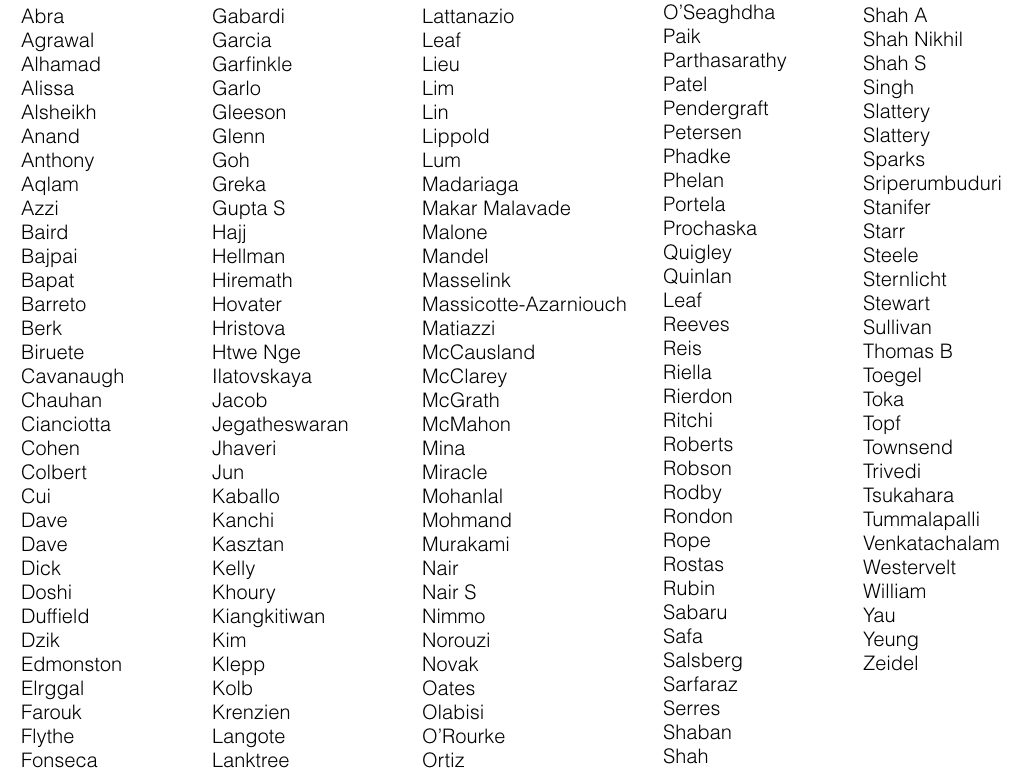
The Renal Fellow Network (RFN) was established on April 23rd, 2008 by the late Nathan Hellman. RFN was created to provide a forum to discuss interesting nephrology cases, scientific papers, and other topics germane to nephrologists, particularly fellows. The goal is to present cutting edge nephrology-related research and challenging clinical topics in an easily digestible format.
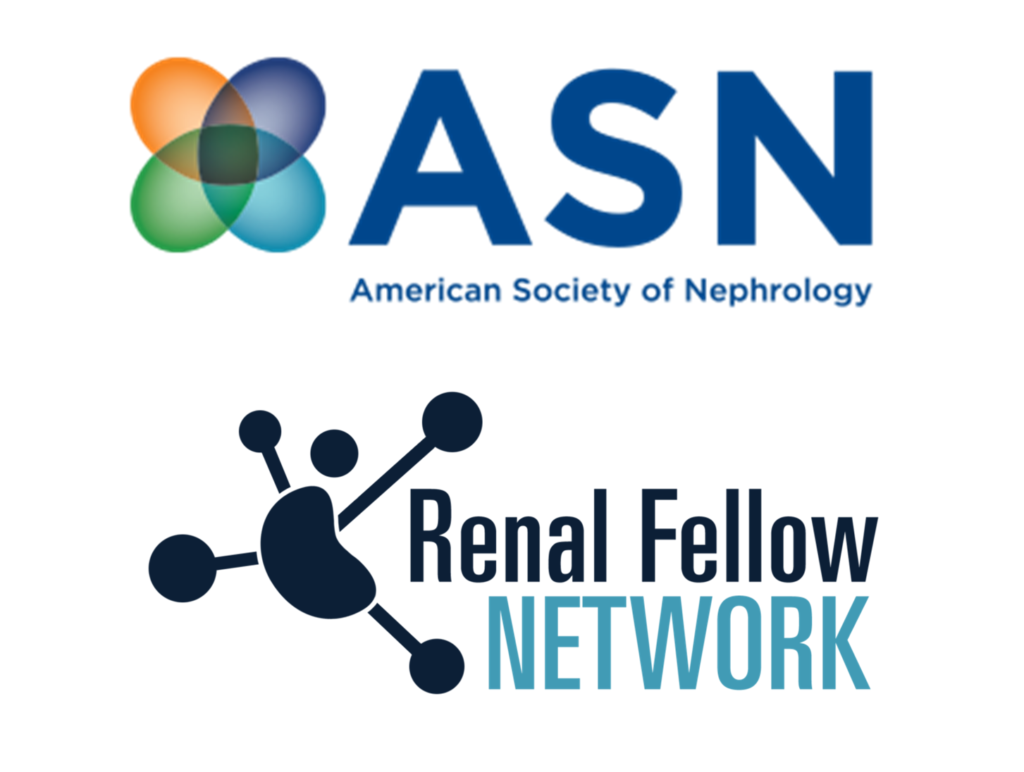
In September 2018, RFN announced a partnership with the American Society of Nephrology (ASN). The RFN-ASN partnership is a great opportunity to solidify and ensure RFN remains a valuable asset to future nephrology fellows from around the world. Read our perspective in CJASN discussing this partnership here.
Interest in the site has continued to grow. Approximately 45% of our readers are fellows, 20% attendings, 20% are residents or medical students and 5% are involved in full time research according to the poll conducted on our website.
RFN is an educational resource maintained on a voluntary basis. As such, RFN does not endorse nor accept advertisement from industry. If commenters post material that is deemed advertisement reviewers will delete the comment from the site without warning. Furthermore, the site adheres to strict patient confidentiality principles outlined by HIPAA.
Editorial Process- All posts are peer reviewed by a member of the RFN Editorial Team. First review is from a member of the RFN faculty advisor group and a second review is from both the RFN editor and RFN Faculty Lead. All submissions are screened using Ithenticate
RFN Co-Editors
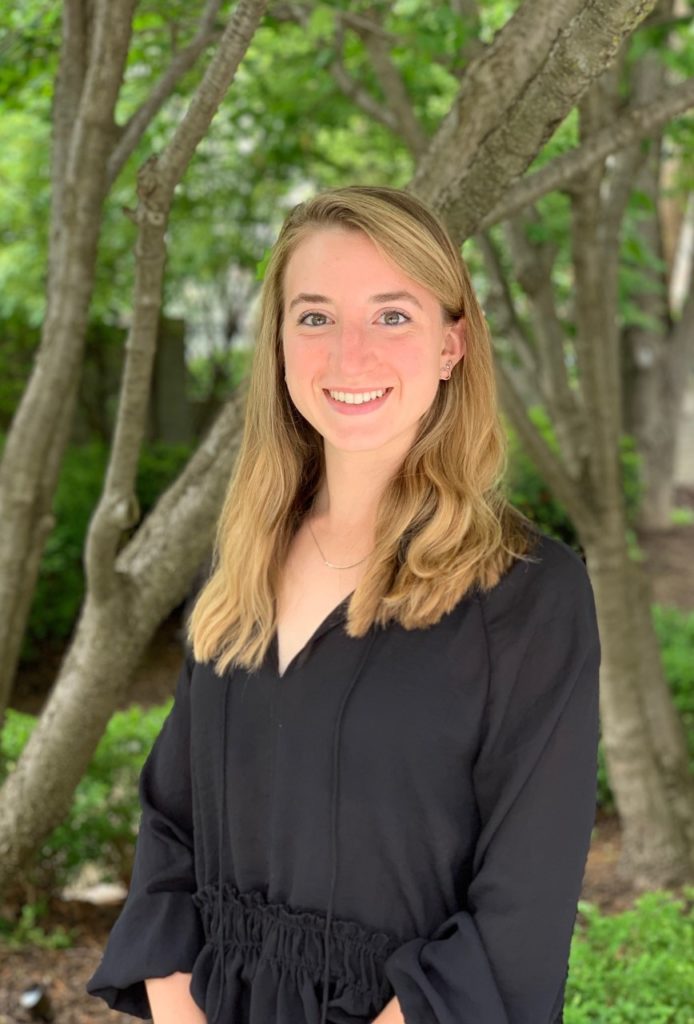
Elinor C. Mannon (RFN co-editor 2020-2022) is a fifth year MD/PhD student in the University System of Georgia MD/PhD Program at the Medical College of Georgia at Augusta University. She is currently a third-year graduate student in the laboratory of Dr. Paul O’Connor in the Department of Physiology, where her research focuses on the long-term effects of chronic sodium bicarbonate therapy as it relates to electrolyte balance, glucose homeostasis, and blood pressure. She previously attended Wellesley College, where she received her BA in Psychology with a minor in Biological Sciences. Elinor is passionate about translational research and applying her scientific training to a career in both biomedical research and clinical practice in the hopes that she can contribute to both patient care and the development of novel treatments for kidney disease. She plans to pursue a research residency program in Nephrology, focusing her research on renal and cardiovascular disease.
RFN Faculty Leads

Matthew A. Sparks, MD is an assistant professor at Duke University School of Medicine and staff physician at the Durham VA Medical Center. He is the associate program director of the fellowship program and director of medical student research in the department of medicine. He received his medical degree, completed residency, and was chief resident at the University of Arkansas for Medical Sciences. He completed his nephrology fellowship at Duke. He is a longtime contributor and past deputy editor of RFN. His research interest is in hypertension pathogenesis and the intersection of CKD with pulmonary hypertension. He is also interested in ways to enhance medical education using social media. He is involved in numerous projects including NephMadness, NephJC, NSMC internship, AJKD blog, and KIDNEYcon. He is a member of the ASN Media and Communications Committee and the AHA Kidney and Cardiovascular Diseases Leadership, and Media and Communications Committee.

Samira S. Farouk, MD, MS is a transplant nephrologist at the Icahn School of Medicine at Mount Sinai, where she completed her internal medicine, nephrology, and transplant training and served as chief fellow. In addition to her research, which focuses on the determinants of kidney fibrosis, she is interested in medical education particularly in regards to medical students, residents, and fellows and is the co-founder of NephSIM, a member of the NSMC executive committee, current ASN Media and Communications Committee member and previously RFN co-editor. She is the Social Media Director for the Division of Nephrology of the Icahn School of Medicine at Mount Sinai.
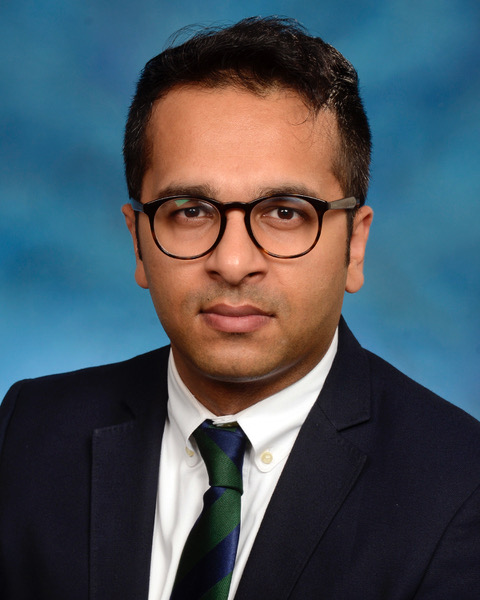
Sam Kant, MD is a transplant nephrologist at the Johns Hopkins University School of Medicine. He has completed internal medicine residency and chief residency at University of Maryland, with subsequent general and transplant nephrology fellowship at Johns Hopkins. His research interests include transplantation, immunology, ANCA vasculitis, and epidemiology. Outside of world of the nephron, he enjoys writing with an undertone of medicine. He is also co-chair of the ACP MD Young Physician Council, an editorial board member of ASN Kidney News, and a member of the ASN Media and Communications Committee.
Faculty Editors
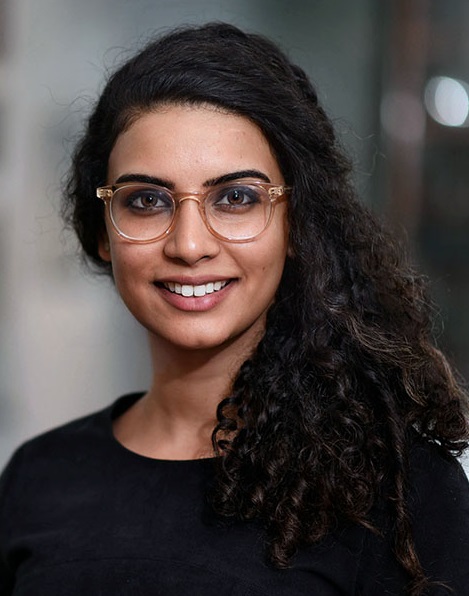
Natasha Dave, MD is an assistant professor in nephrology at Baylor College of Medicine in Houston, TX. She completed her internal medicine training at Mount Sinai Hospital in Chicago and then completed her nephrology fellowship and chief year at Baylor, Houston. Her social media journey began with her first post on the Renal Fellow Network in October 2017 and she graduated from the Nephrology Social Media Collective internship (class of 2018). She in on the executive council of Women in Nephrology. Her interests include general nephrology, social media and as her Twitter profile suggests electrolytes.
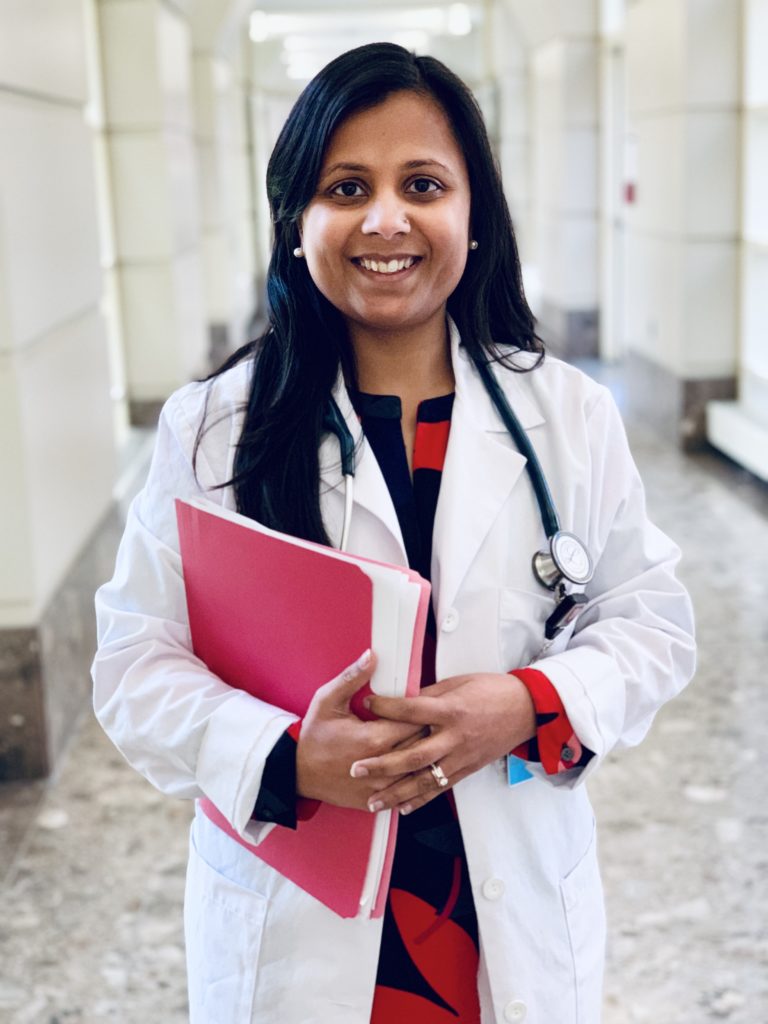
Nupur Gupta, MD is an Assistant Professor of Medicine at Indiana University School of Medicine, where she completed her fellowship. She is medical director of home dialysis unit at Indiana University Health. Clinical practice patterns and barriers to utilization of home dialysis are the focus of her research. She chairs the home dialysis tract of Hemodialysis University by the International Society of Hemodialysis. She currently serves on the ASN Quality committee. Her interest in medical education on developing and dissemination of home dialysis curriculum.
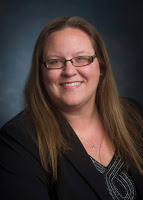
Kelly Hyndman, PhD is an assistant professor in the Division of Nephrology at the University of Alabama at Birmingham. Dr. Hyndman is a basic scientist whose research focuses on the physiological role of histone deacetylase (HDAC) enzymes in the regulation of fluid-electrolyte balance in mammalian models. However, deranged HDAC activity correlates with a number of cardiovascular and renal diseases, and in the setting of ischemia/reperfusion injury, Dr. Hyndman’s lab is investigating the putative contribution of HDACs in the progression of chronic kidney disease. She also serves on the ASN Media and Communications Committee.

Tanecia Mitchell, PhD is an assistant professor at the University of Alabama at Birmingham in the Department of Urology, School of Medicine. She earned her PhD from the University of Arkansas for Medical Sciences and continued her training as a T32 postdoctoral fellow at UAB. She subsequently was promoted to a tenure-track faculty position in the UAB Department of Urology. Her scientific career has been devoted to studying the role of mitochondria and oxidative stress in kidney related disorders. Dr. Mitchell’s current research is NIH funded and focuses on understanding the role of immune cells in calcium oxalate kidney stone disease. In particular, her laboratory is investigating the importance of diet on immune cell metabolism and anti-bacterial response using experimental models and clinical trials.

Jennie Lin, MD is an assistant professor of medicine in the Nephrology and Hypertension Division at Northwestern University Feinberg School of Medicine. She is a NIH K08 funded physician-scientist whose research is focused on functional -omics studies of cardiometabolic and kidney diseases. Her group focuses on (1) the role of RNA biology in mechanisms of lipid metabolism, atherosclerosis, and renal fibrosis and (2) functional interrogation of the molecular mechanisms by which novel genes identified through human genetics studies impact disease phenotypes. Outside of work, she loves spending time playing with her beagle Penelope and her beagle-basset Calvin, enjoying introvert time on her Kindle, and bragging about her Texan roots, and eating her way through Chicago.
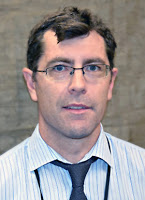
Andrew Malone, MB BCh is an assistant professor of medicine in the Division of Nephrology at Washington University in St. Louis. He received his medical training and residency in Dublin and subsequently completed a clinical/research fellowship at Duke University Medical Center. In addition he completed a transplant fellowship at Washington University in St. Louis. His interests are in transplantation, FSGS, antibody-mediated rejection. His research is focused on elucidating mechanisms of kidney injury in kidney transplantation using single cell RNA sequencing
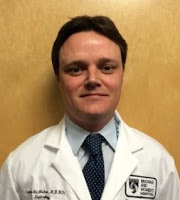
Gearoid McMahon MB, BCh is an instructor in medicine at the Brigham and Women’s Hospital and Harvard Medical School. After completing his clinical training in nephrology and internal medicine in Ireland, he received further training in Nephrology at BWH in epidemiology and clinical research at the NIH’s Framingham Heart Study. His research areas of interest include the epidemiology and genetics of chronic kidney disease as well novel biomarkers of kidney disease and kidney fibrosis. He is currently serving as the Director of the Harvard/Brigham Renal Board Review Course and is an associate editor of the ASN Kidney Self Assessment Program (KSAP). He is a past editor of RFN and has contributed more than 170 articles.

Paul Phelan, MB BCh is a consultant nephrologist, fellowship program director, and kidney transplant physician at the Royal Infirmary of Edinburgh and an honorary senior lecturer at the University of Edinburgh. He completed medical school, residency, and nephrology training in Dublin and subsequently completed a clinical/research fellowship at Duke University. His major clinical interests are kidney transplantation and inherited kidney disease. His research interests are focussed on renal genetics and kidney transplant outcomes and he has been appointed an NHS Scotland Career Research Clinician for this work. His other major interest is modern medical education, particularly the use of online tools and social media to provide mentorship and education. He is a long time contributor to RFN and the AJKD blog and is involved with several social media in Nephrology projects, including NephMadness and NephJC.
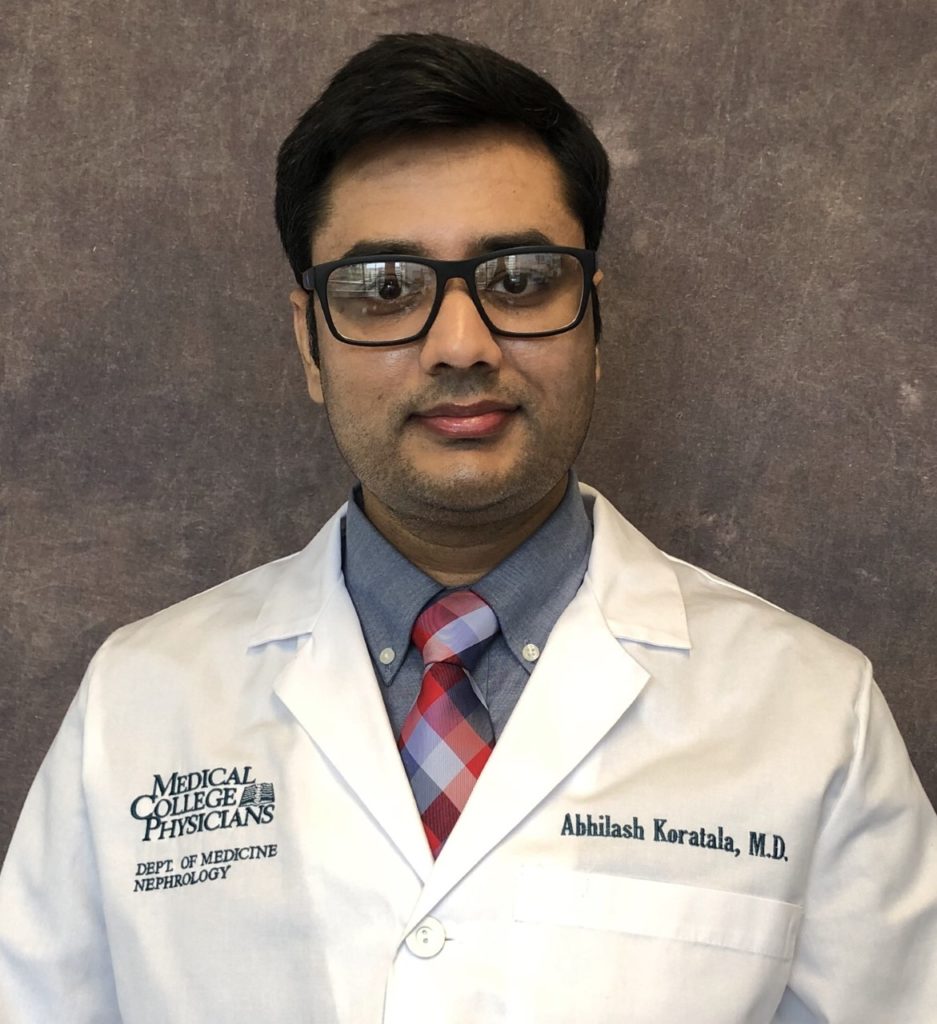
Abhilash Koratala, MD is an assistant professor of Medicine and the director of clinical imaging in the division of Nephrology at Medical College of Wisconsin. He completed his nephrology training at the University of Florida where he continued as faculty for a few years. His main academic interest is point of care ultrasound in nephrology (POCUN). He has developed a video curriculum of diagnostic POCUN for the nephrology trainees and been a longtime contributor of the ‘Focus on POCUN’ series on the RFN. He graduated from the Nephrology Social Media Collective (NSMC) internship in 2019 and currently is the Nephrology Social Media Director at the Medical College. In addition, Abhilash is the founder of NephroPOCUS.com, an online educational initiative to promote POCUN and runs a twitter handle dedicated for POCUN, @NephroP. Apart from POCUN, he has a keen interest in involving trainees in scholarly activity and has published more than 100 case reports to date.
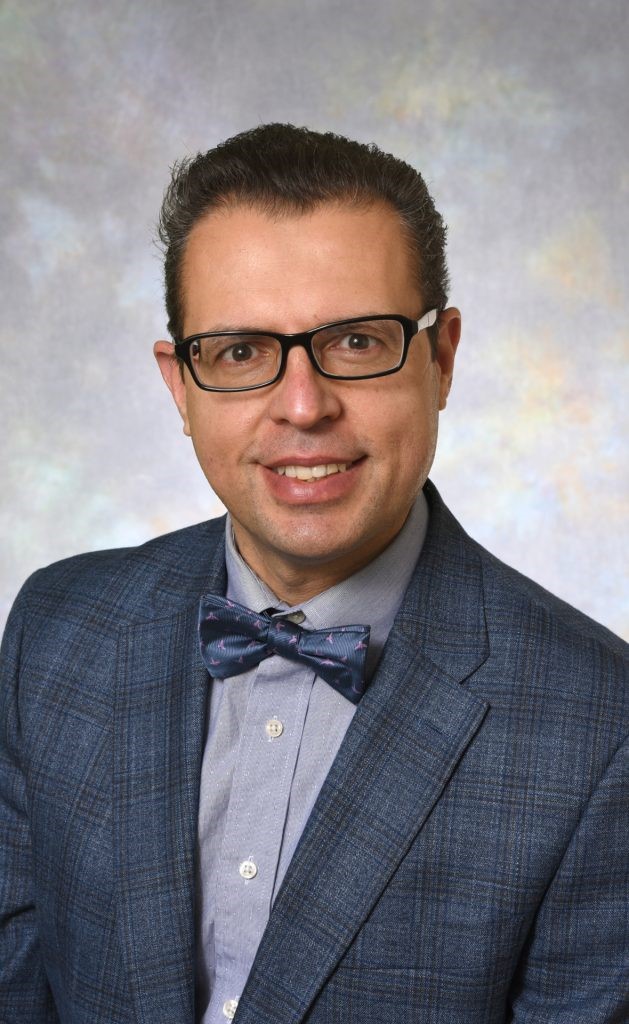
Dr. Sam Albadri, MD is a staff physician at Department of Laboratory Medicine and Pathology, Hennepin Healthcare. His areas of expertise center on the diagnostic evaluation of non-neoplastic renal disease and diagnostic assessment of fine-needle aspiration and biopsy. Dr. Albadri completed his residency in Anatomic Pathology and two sub-specialty training fellowships in Renal Pathology and Cytopathology at Mayo Clinic, Rochester, MN, USA. He is board-certified in Anatomic Pathology and Cytopathology by the American Board of Pathology.
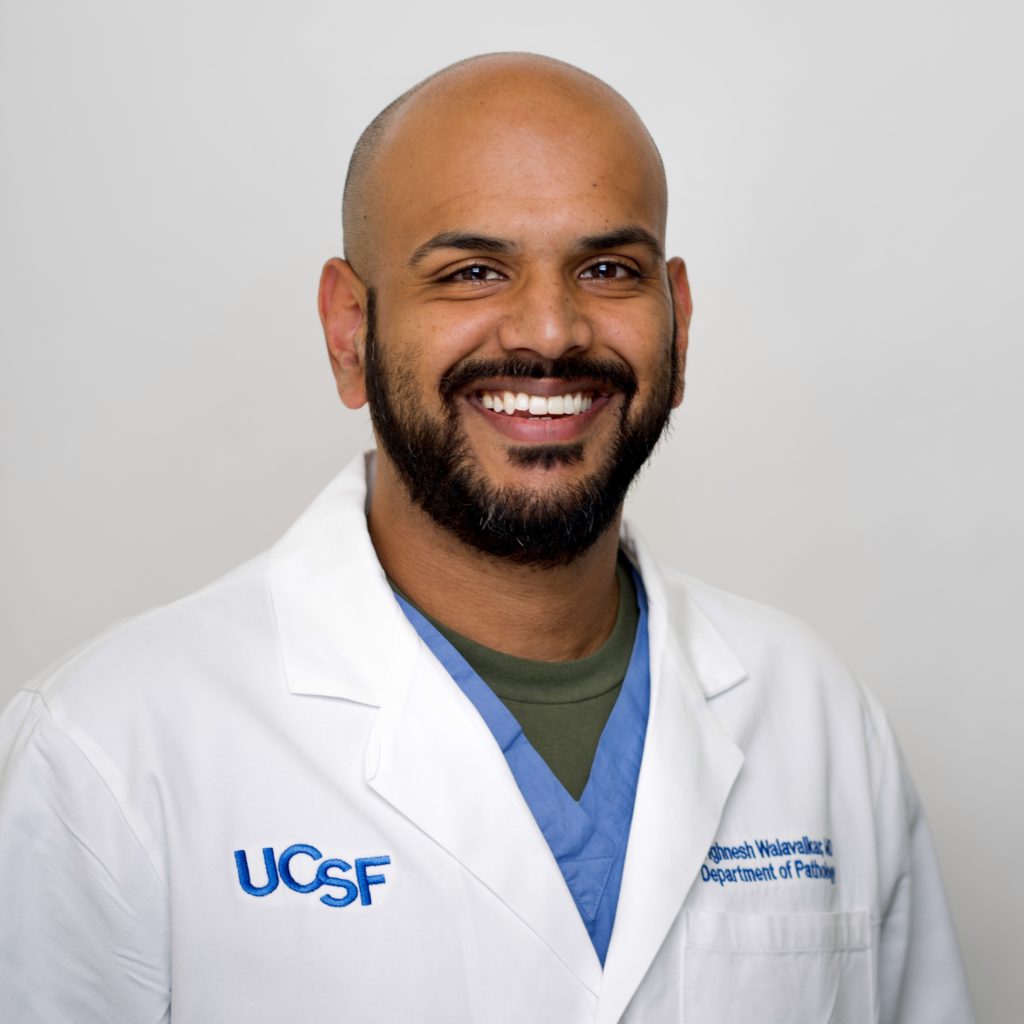
Dr. Vighnesh Walavalkar, MD earned his medical degree from Kasturba Medical College, Mangalore in India. He subsequently completed his residency in Anatomic and Clinical Pathology at UC Irvine, followed by fellowships in Surgical Pathology and Cytopathology at UMASS in Worcester, MA. He then completed a fellowship in Renal Pathology at UCSF in San Francisco, CA. During his free time Dr. Walavalkar enjoys spending time with his energetic 3 year old, playing soccer, and faithfully supporting his beloved Chelsea FC.
Faculty advisors and the co-editors meet on a regular basis to discuss editorial content. ASN oversight is provided by the ASN Media and Communications Committee. Contributors are a spread of Nephrology fellows and attendings from around the world. If you are interested in becoming a contributor please contact the editor, faculty leads or advisors.
Past Editors
Nathan Hellman, MD, PhD (Founder)
Conall O’Seaghdha, MB BCh
Matthew A. Sparks, MD
Graham Abra, MD
Gearoid McMahon, MB BCh
Past Contributors
